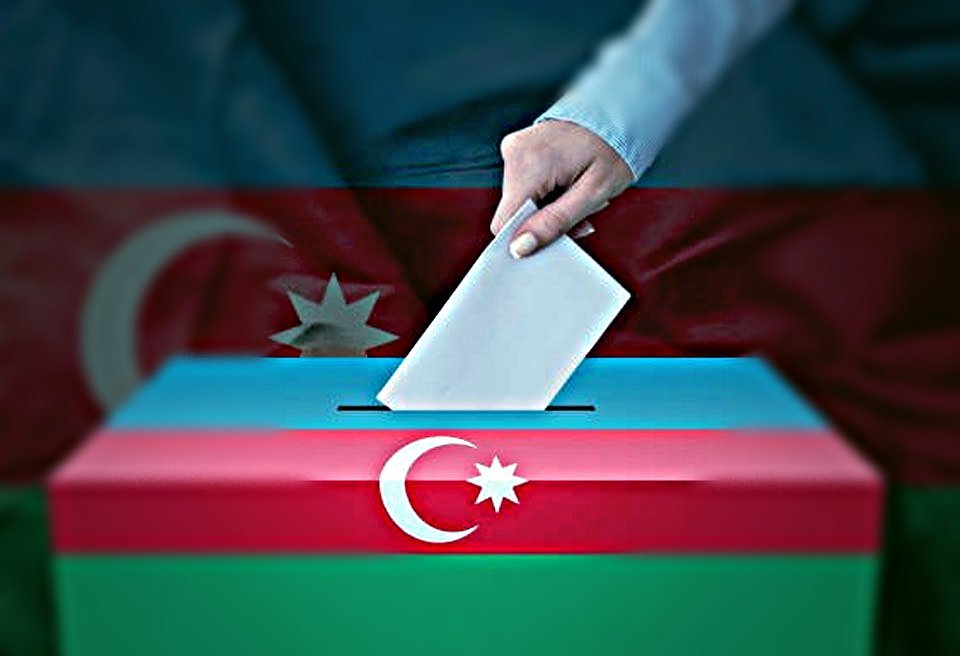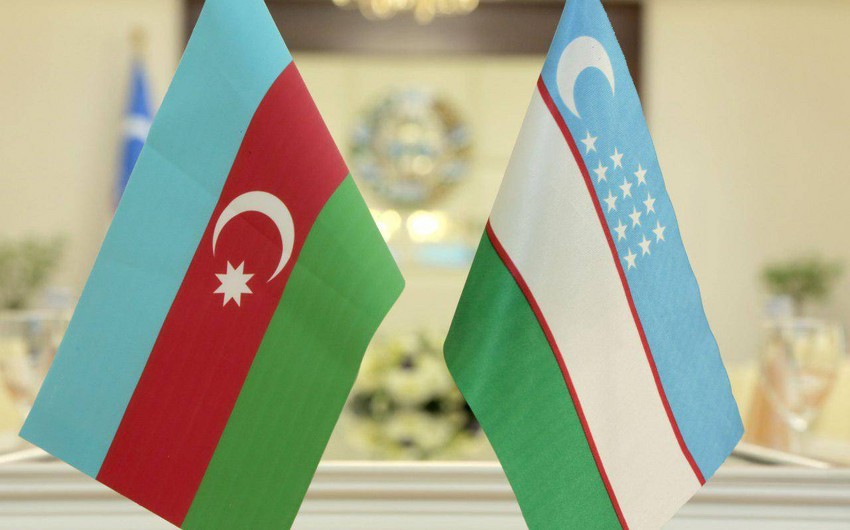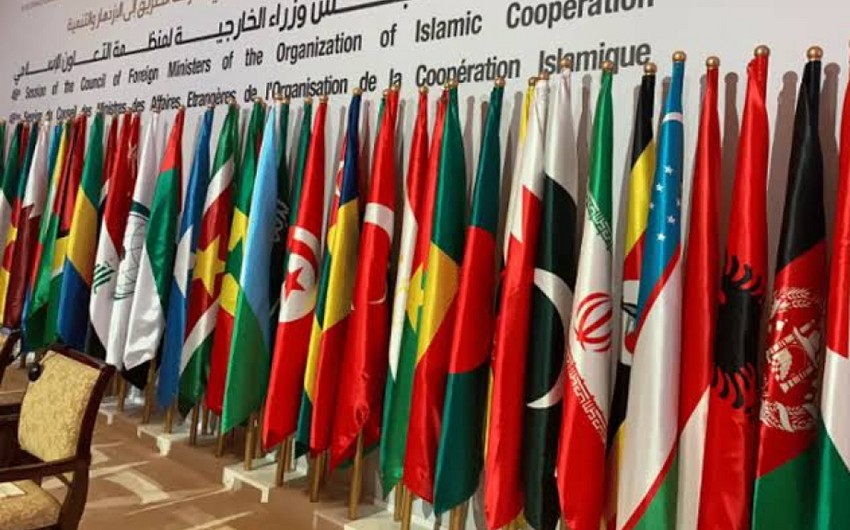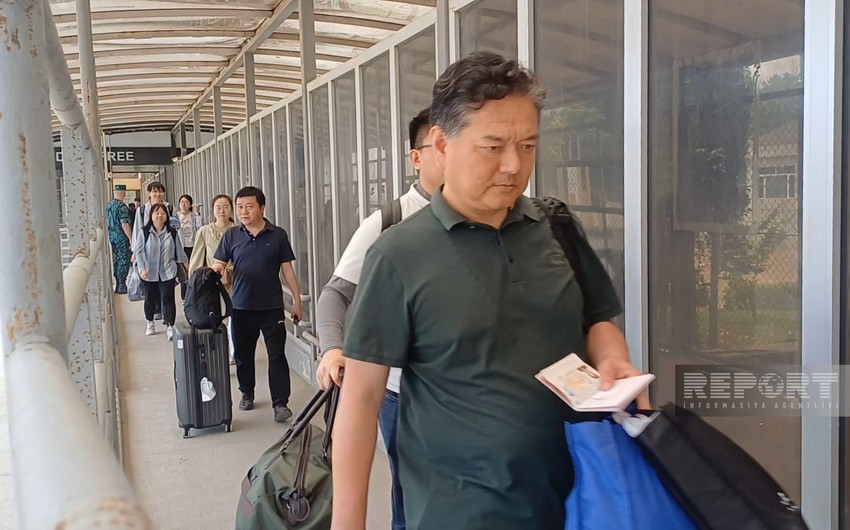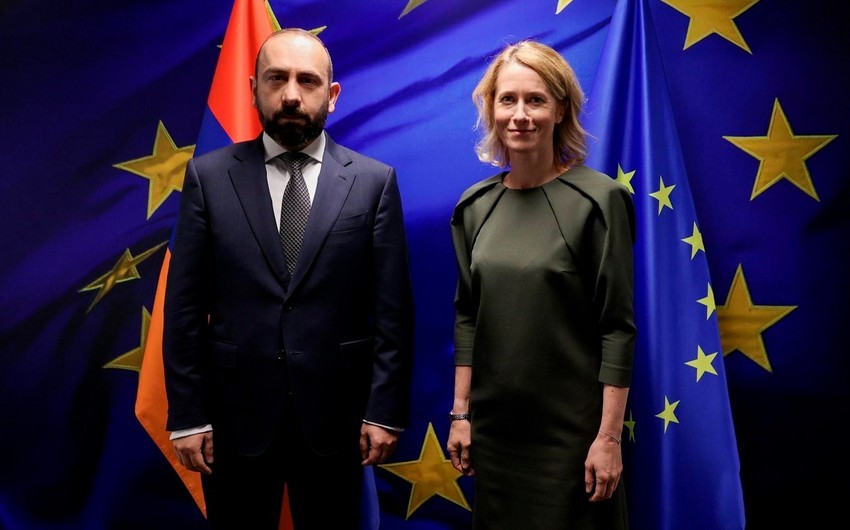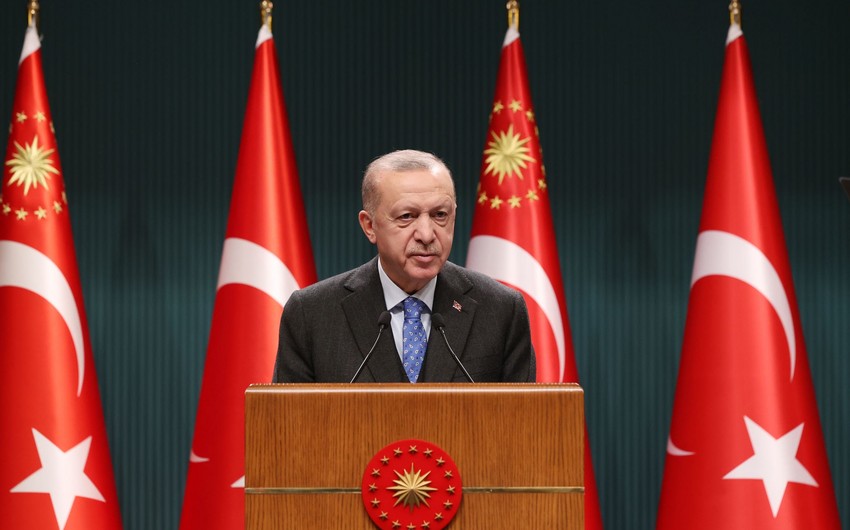The recently held presidential election in the Republic of Azerbaijan was completely fair, free, transparent, open, and up to the international electoral standards which is a good omen for its national drive of further politicization and democratization. The rigorous participation of more than 80,000 independent domestic observers of the 19 political parties and civil society along with 750 international observers from 79 countries all vividly reflects the political fairness of Azerbaijan.
Unfortunately, the Parliamentary Assembly of the Council of Europe (PACE), the Organization for Security and Cooperation in Europe (OSCE), the International Press Institute, the International Human Rights Group, and many other electoral monitoring organizations have once again intentionally raised immature concerns about the recently held presidential election in the Republic of Azerbaijan which have no electoral relevancy, electioneering objectivity and merely full of their own self-centric biases, prejudices and untrue facts. It seems that the recently propagated and provoking hangover of the PACE has dominated their initial judgments which purposefully tried to spoil the legitimate results of the presidential election.
The Organization for Security and Cooperation in Europe termed Azerbaijan’s presidential election as a restrictive environment with no real political competition which is untrue and false because more than 17 candidates registered with the Chief Election Commission and out of which seven candidates of different political parties participated in the election which vividly reflects maturity, diversity and plurality of Azerbaijan’s political system which is indeed a well-established multiparty democracy. Moreover, even an independent candidate contested the election which showed the real vibrancy and power of Azerbaijan’s democracy thus false, fake, and fabricated propaganda of the European observers, media and social media outlets has no creditability.
According to CEC with just over 93 percent of the ballots counted, incumbent President Ilham Aliyev secured more than 92 percent of the votes. Three main challengers trailed far behind and conceded the race, congratulating Aliyev. Zahid Oruj, an independent candidate, trailed with 2.19 percent, followed by Great Creation Party leader Fazil Mustafa with 2 percent of the vote. Other candidates scored less than 2 percent of the vote.
The OSCE initial observers called the election as not meaningful because of so-called limitations on independent media, civil society, and other political parties, the contest is based on their inbuilt mental inflexibility and professional dishonesty.
Frankly speaking, the initial statement of the OSCE is not based on facts but on their own fabricated fairy tales. It further added that the “near absence of analytical reporting” in Azerbaijani media hampered voters’ ability to make an informed choice. The registration of more than 80,000 national observers of the 19 different political parties, civil society, and more than 750 international observers from the 79 countries and international organizations completely negated the initial statements of the OSCE.
Furthermore, the OSCE in another statement cited "indications of ballot box stuffing" and a lack of safeguards against multiple voting is false and fake and has no concrete evidence. It simply lacks true professionalism.
It labels the election as a lack of genuine pluralism and stifling of critical voices that are not objective and true. Not a single incident has been reported by national, regional, or international media which nullifies the OSCE tall claims.
Baku has rightly rejected Western criticism of its rights record as prejudice against its largely Muslim population. The election was competitive and was held in an open environment where every political party and its candidate were free to hold political meetings and rallies.
Presidential elections were totally fair, free, transparent, open and up to the mark of international electoral standards. Moreover, the CEC and all other organs and organizations of the state remained completely neutral, impartial, and transparent. There was not a single incident of pre or pro-election rigging as mentioned by the OSCE and many other European Union observers.
Azerbaijan’s incumbent president Ilham Aliyev was first elected president in 2003. He was re-elected in 2008, 2013, and most recently in 2018 with 86 percent of the votes.
Not a single journalist or political activist was arrested on its political affiliation as highlighted by the International Press Institute and International Human Rights Group. In Azerbaijan, people are not arrested or interrogated just for their political opinions or just for their profession.
The Chief Election Commission indicated turnout in the election was strong, saying that over 76 percent of eligible voters cast ballots during the 11-hour voting.
The international press institute stated that independent media in Azerbaijan are under unprecedented attack since a campaign of politically motivated arrests launched by authorities at the end of November. It is absolutely untrue and unprofessional.
To maintain the complete transparency, openness and accountability the CEC provided all district election commissions with computers and other necessary equipment. The computers are connected to the State Automated Information System, which will ensure the prompt transmission of all information to the Information Center of the CEC.
It fears that for the time being, the Western propaganda will haunt Azerbaijan for certain reasons however, with the passage of time the dust of their false, fake and fabricated propaganda will be doomed.
In summary, the victory of incumbent President Ilham Aliyev will further strengthen socio-economic prosperity of its country and people alike. It will definitely provide essential continuity of structural reforms which will further foster its economic stability and sustainability and hopefully, it will further consolidate its GDP, GNP, inflows of FDIs, and resultantly, massive qualitative industrialization in the country. Moreover, it would also be beneficial for the construction of newly liberated areas. Thus with the victory of Aliyev pace of human capital development, national capacity building, social development and economic diversification would be further accelerated.
In geopolitically, the continuity of Aliyev’s government will be a balancing act in the regional context. The spirits of trans-regional connectivity, socio-economic integration, multiculturalism, digitalization, modernization, artificial intelligence, green energy cooperation and above all regional trade will be further strengthened.
In terms of geo-strategically, continuity of Aliyev’s government would further strengthen Azerbaijan’s peaceful pursuits in terms of trans-regional energy cooperation in the region and beyond.
Thus victory of Aliyev is vivid reflection of geo-economics superiority which will definitely also supplemental dimensions of geopolitics and geo-strategic in the days to come.
The author is Dr Mehmood Ul Hassan Khan, Executive Director of The Center for South & International Studies (CSAIS) Islamabad

